‘I’ve already had my first Oxford-AstraZeneca jab. I’ll certainly be getting my second’
Your digest of analysis and commentary from the British and international press
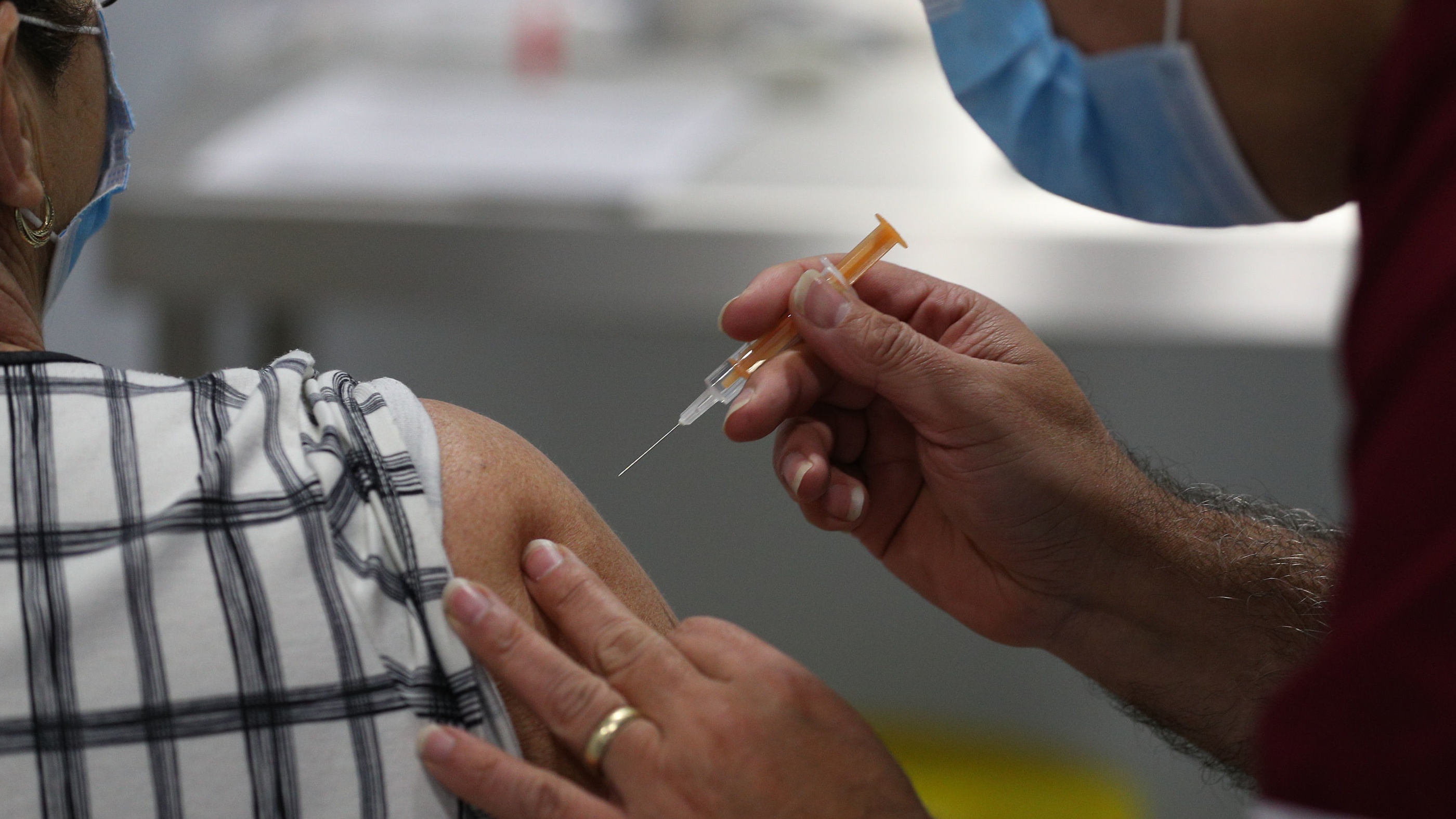
- 1. I broke the story about the AstraZeneca jab – but I’m still happy to have my second dose
- 2. Spare me the smugness of vaccine refuseniks
- 3. Northern Ireland backlash to Brexit fudge threatens the Union
- 4. The Covid crisis is doing what the 2008 crash didn’t: ending the old economic orthodoxies
- 5. After working at Google, I’ll never let myself love a job again
A free daily email with the biggest news stories of the day – and the best features from TheWeek.com
You are now subscribed
Your newsletter sign-up was successful
1. I broke the story about the AstraZeneca jab – but I’m still happy to have my second dose
Cathy Newman in The Independent
on vaccine worries
“If you were told you had a one-in-a-million chance of winning the lottery, you’d think it couldn’t be you”, writes Cathy Newman in The Independent. “So, logically, if you’re told you’ve got a one-in-a-million chance of dying from a blood clot after having the Oxford-AstraZeneca Covid jab, you’d also think it was pretty unlikely.” While “health disasters cast a long shadow”, “good sense is required from the public, too” in response to the news about the Oxford-AstraZeneca vaccine. “It would be a tragedy if Britain’s brilliant vaccine rollout was scuppered by a crisis in confidence,” Newman continues, adding that as an asthma sufferer and the journalist who broke the story: “I’ve already had my first Oxford-AstraZeneca jab. I’ll certainly be getting my second.”
The Week
Escape your echo chamber. Get the facts behind the news, plus analysis from multiple perspectives.

Sign up for The Week's Free Newsletters
From our morning news briefing to a weekly Good News Newsletter, get the best of The Week delivered directly to your inbox.
From our morning news briefing to a weekly Good News Newsletter, get the best of The Week delivered directly to your inbox.
2. Spare me the smugness of vaccine refuseniks
Janice Turner in The Times
on poor choices
“Surrounded by people who are either vaccinated or desperate to be so, it’s strange to bump into refuseniks,” writes Janice Turner in The Times. “They aren’t concerned about the remote risks of AstraZeneca but implacably opposed.” As an “old friend” sends a “random article from some contrarian site about how vaccines are all a con”, Turner is left considering “how easily smart people, after too much time alone, can slip beyond reason”. “I used to tolerate the anti-MMR parents, the alternative therapy folk,” she adds. “But after this year, I can’t abide these selfish, smug, I-know-better charlatans. Just get the goddamn jab.”
A free daily email with the biggest news stories of the day – and the best features from TheWeek.com
3. Northern Ireland backlash to Brexit fudge threatens the Union
Sherelle Jacobs in The Telegraph
on toxic fallout
“The saying goes that history is something that Irishmen should never remember and Englishmen should never forget,” says Sherelle Jacobs in The Telegraph. But on Brexit, “the opposite has turned out to be true”. Outbreaks of loyalist violence across Northern Ireland are a result of “the pathologies of Irish sectarianism and EU fundamentalism”. “Some Unionists are apparently willing to risk everything – including peace in Northern Ireland – to show that the despised Protocol is unworkable,” she argues, while “the EU is clearly willing to sacrifice everything – including peace in Northern Ireland – to protect the single market”. “The Tories have a narrow window of opportunity to confront this impending disaster,” Jacobs warns. If they fail, “either the Union becomes the price of Brexit, or Brexit becomes the price of the Union”.
4. The Covid crisis is doing what the 2008 crash didn’t: ending the old economic orthodoxies
Larry Elliott in The Guardian
on no-longer-sacred cows
“There’s nothing startlingly new” about Joe Biden’s plans for the US economic recovery, writes Larry Elliott in The Guardian. Many of the ideas have been “knocking around for years, if not decades”. But the difference now is that they are “no longer just proposals put forward by progressive thinktanks or marginalised Keynesians in academia”. “If the old Washington consensus believed in small states, low taxes and balanced budgets, the new Washington consensus believes in activist governments, inclusive growth and a green new deal.” Those who expected the financial crisis to “result in a challenge to the Washington consensus were not wrong”, he adds. “It has just taken 10 years longer than they were expecting, that’s all.”
5. After working at Google, I’ll never let myself love a job again
Emi Nietfeld in The New York Times
on tough lessons
“I used to be a Google engineer,” writes Emi Nietfeld, admitting that she had “bought into the Google dream completely”. “During the week, I ate all my meals at the office. I went to the Google doctor and the Google gym,” she continues, describing how the company became her “surrogate family”, having spent some of her childhood homeless and in foster care. But after complaining to HR about harassment by the man in charge of her day-to-day work, “Google went from being a great workplace to being any other company: It would protect itself first.” “After I quit, I promised myself to never love a job again,” Nietfeld adds. “No publicly traded company is a family. I fell for the fantasy that it could be.”
-
 Local elections 2026: where are they and who is expected to win?
Local elections 2026: where are they and who is expected to win?The Explainer Labour is braced for heavy losses and U-turn on postponing some council elections hasn’t helped the party’s prospects
-
 6 of the world’s most accessible destinations
6 of the world’s most accessible destinationsThe Week Recommends Experience all of Berlin, Singapore and Sydney
-
 How the FCC’s ‘equal time’ rule works
How the FCC’s ‘equal time’ rule worksIn the Spotlight The law is at the heart of the Colbert-CBS conflict
-
 ‘Irony’ as Zoom calls staff back to office
‘Irony’ as Zoom calls staff back to officefeature And other stories from the stranger side of life
-
 The U.S. veterinarian shortage crisis
The U.S. veterinarian shortage crisisSpeed Read With an anticipated shortage of 15,000 vets by 2030, it will be harder to get care for pets
-
 Company teaches mask-wearers to smile again
Company teaches mask-wearers to smile againfeature And other stories from the stranger side of life
-
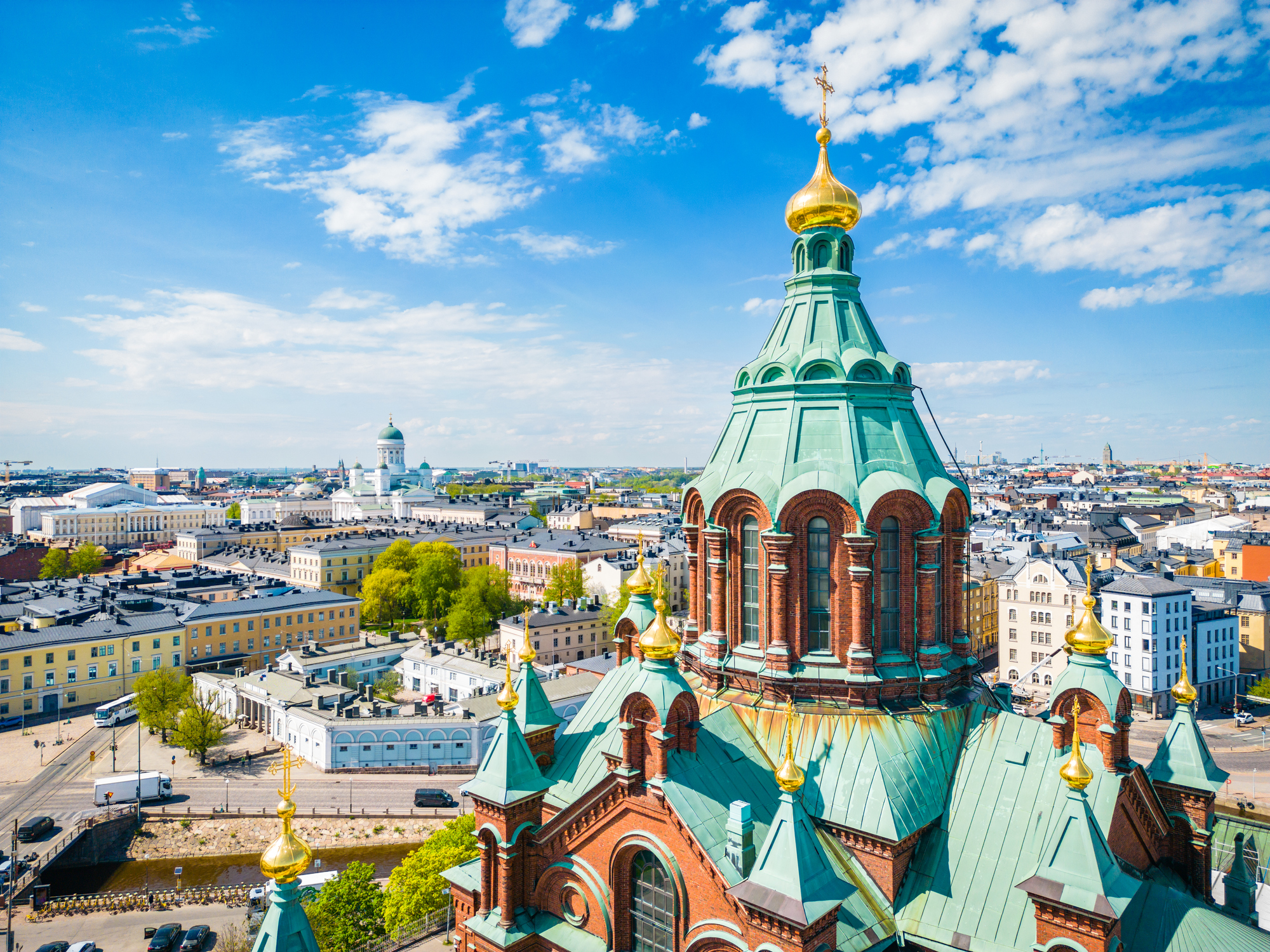 Global happiness has been 'remarkably resilient' over the past three years
Global happiness has been 'remarkably resilient' over the past three yearsfeature
-
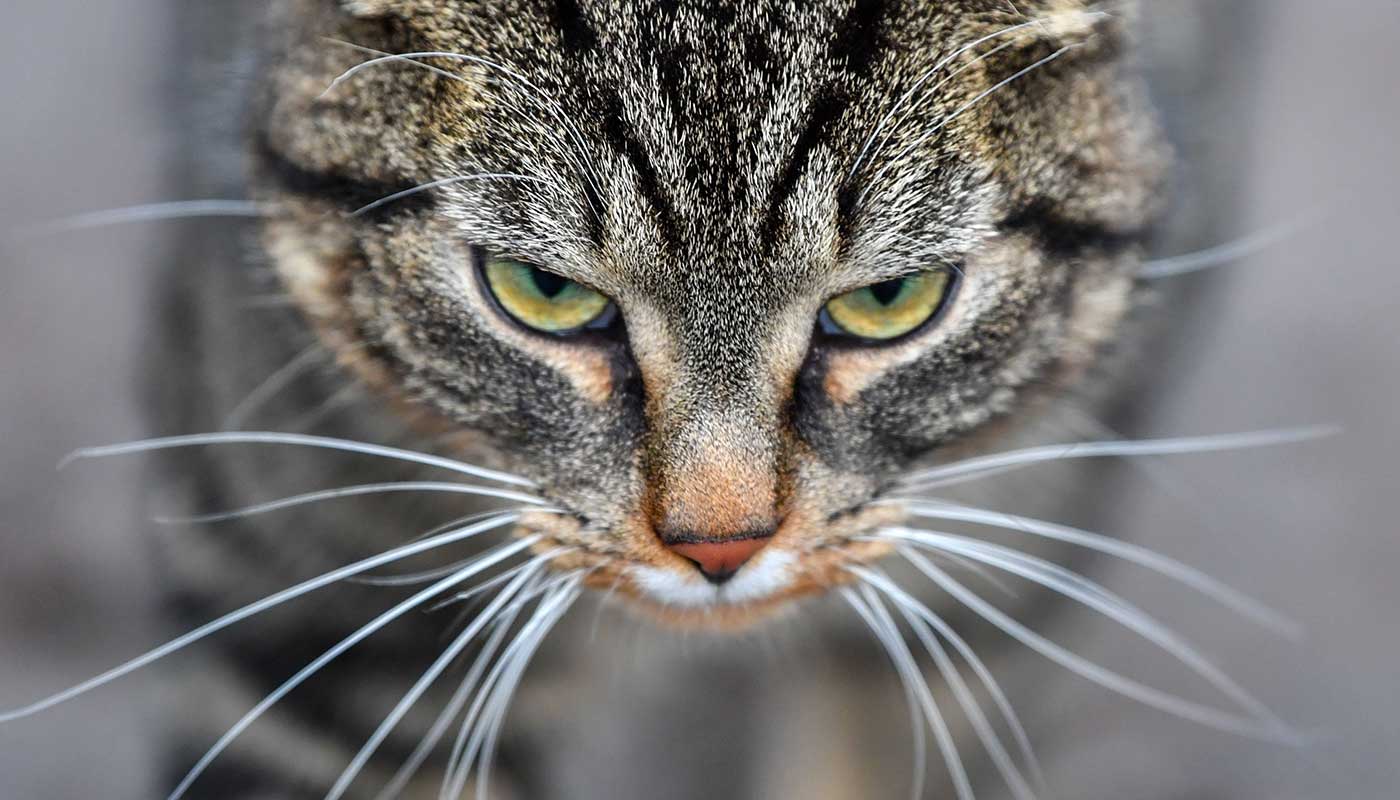 Ministers considered killing all cats during pandemic
Ministers considered killing all cats during pandemicfeature And other stories from the stranger side of life
-
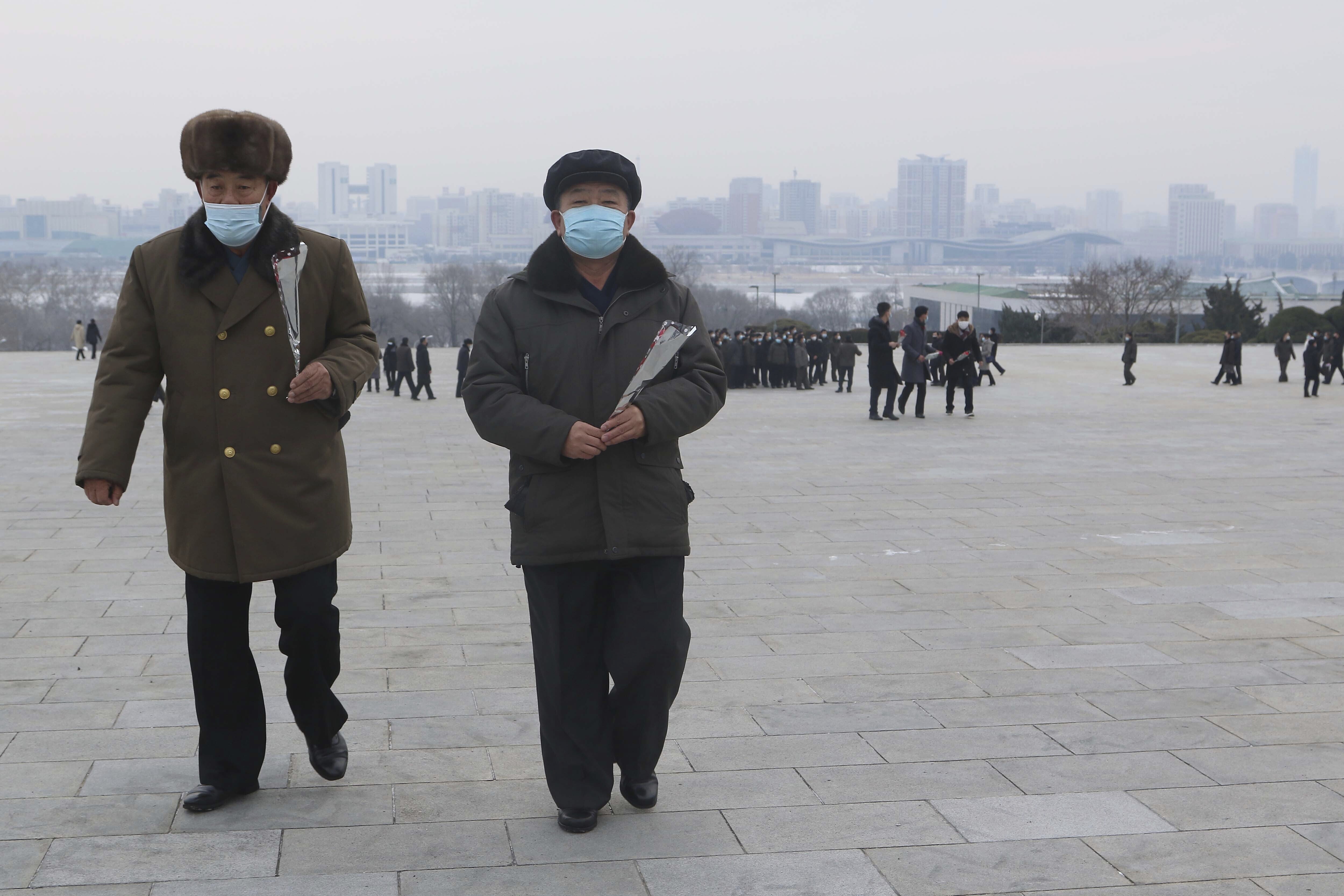 North Korea imposes 5-day lockdown on capital to fight 'respiratory illness'
North Korea imposes 5-day lockdown on capital to fight 'respiratory illness'Speed Read
-
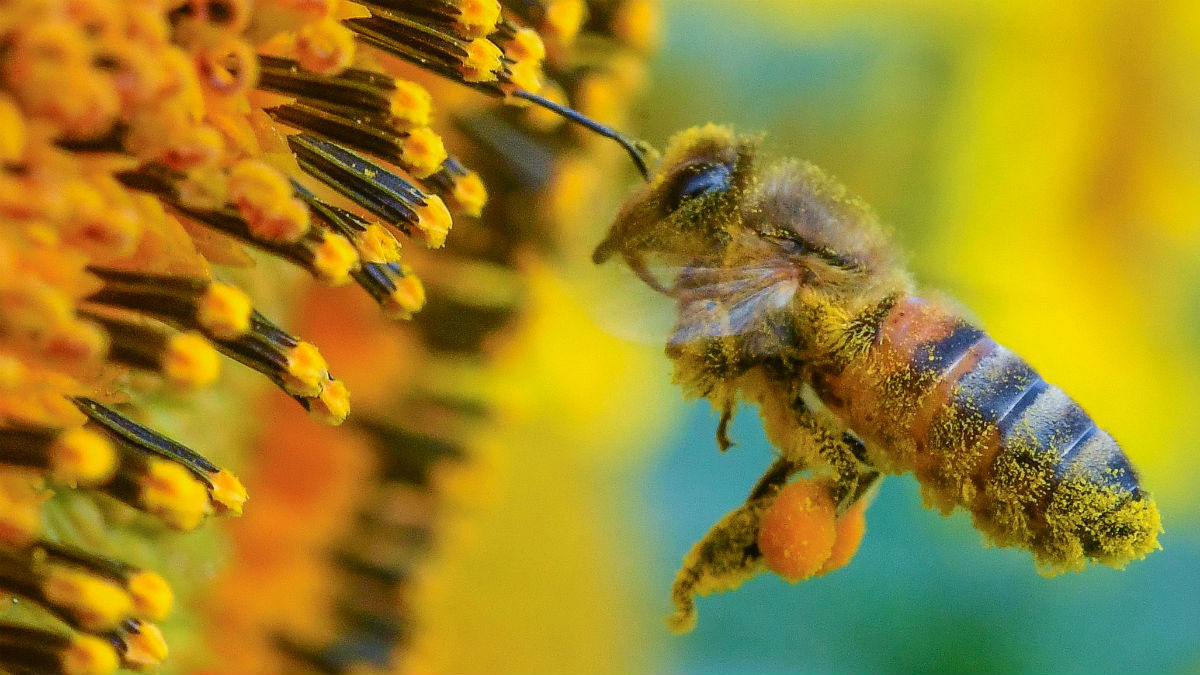 US approves world’s first vaccine for honeybees
US approves world’s first vaccine for honeybeesSpeed Read Development hailed as ‘exciting step forward’ in effort to halt decline in bee numbers
-
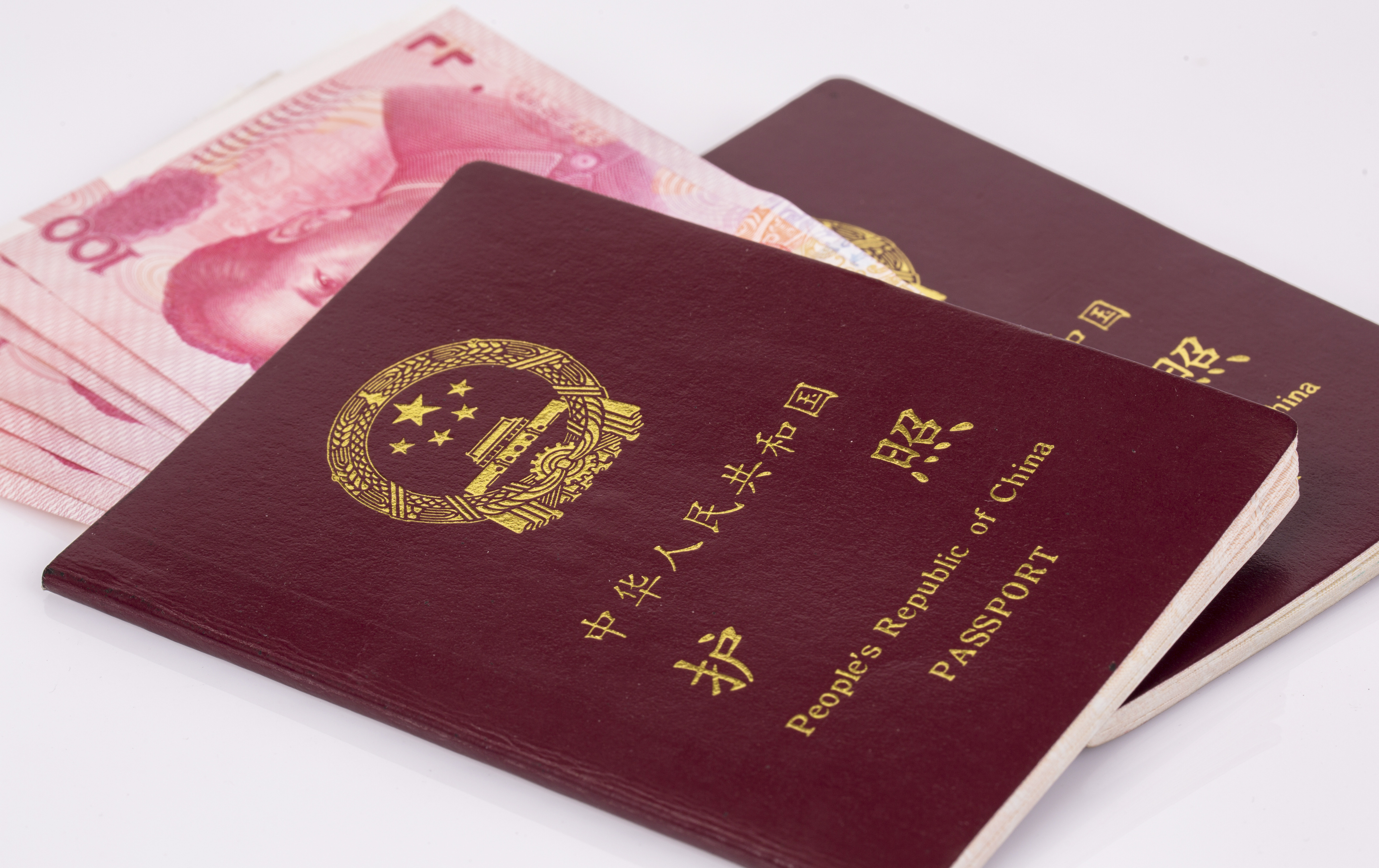 China to begin re-issuing passports in another reversal of COVID lockdowns
China to begin re-issuing passports in another reversal of COVID lockdownsSpeed Read